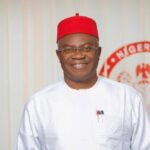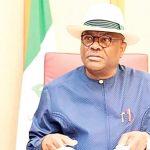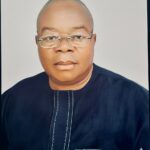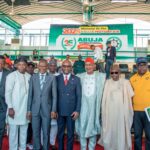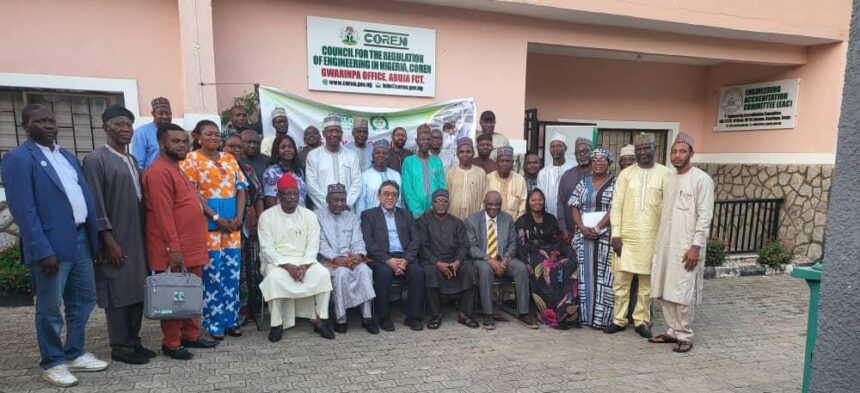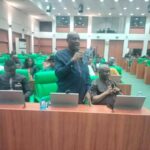The National Board for Technical Education (NBTE) and the Council for the Regulation of Engineering (COREN) have pushed for engineering and technical qualifications through active participation in the Sydney, and Dublin Accords of the International Engineering Alliance (IEA).
Speaking at a Strategic Group Workshop organised to review Nigeria’s progress in adapting engineering education and professional practice to international standards, the Executive Secretary, NBTE, Prof. Idris Bugaje reaffirmed the agency’s support for COREN’s ongoing international accreditation drive.
Bugaje noted that while Nigerian institutions already enjoy national accreditation through the National Universities Commission (NUC) and the NBTE, the next critical step was international benchmarking.
This, he said was to ensure that Nigerian-trained engineers, technologists, and technicians meet global standards.
“It is not enough to have national accreditation by NUC or NBTE.
“More importantly, there should be an international benchmark and that is exactly what these three accords are about,” he said.
He explained that COREN is nearing completion of th e Washington Accord of accreditation for Nigerian engineering degree programmes and has now begun the process of meeting the Sydney Accord requirements for Higher National Diploma (HND) programmes and the Dublin Accord for National Diploma (ND) programmes.
“We have brought together people from the artisans’ level, from technicians, technologists, and the academic sector.
“This ensures that whatever we do takes care of the entire ecosystem from skills training to advanced professional engineering,” the NBTE boss said.
Also, the President of COREN, Prof. Sadiq Abubakar called for renewed national commitment to positioning Nigerian engineers, technologists, and technicians for global competitiveness through internationally recognized certification and benchmarking.
Abubakar emphasised that the workshop marked a continuation of Nigeria’s decade-long effort to align its engineering education with global best practices, describing it as “a national assignment” and a critical step toward global recognition of Nigeria’s technical workforce.
“The best thing Nigeria can export is human capital which are trained, certified, and globally recognised professionals.
“If we mobilise key stakeholders and complete this journey, we will not only change the narrative of engineering in Nigeria but also redefine our global contribution,” he said.
He noted that through ongoing collaborations with stakeholders such as NBTE, the National Council on Skills, and the Ministries of Education, Science and Technology, and Industry, COREN was working to secure Nigeria’s participation in key international accords.
He said these accords define global standards for professional engineers, engineering technologists, and technicians, respectively.
He added that they also open the door to Mutual Recognition Agreements(MRA), allowing certified Nigerian professionals to practice and be recognised anywhere in the world.
“Nobody is doubting our competence. What we need now is to formalise our global presence.
“Once we achieve MRA status, Nigerian engineers and technicians will be able to compete on equal footing internationally,” he said.
The COREN President reaffirmed the Council’s readiness to collaborate stakeholders to strengthen Nigeria’s human capital development in engineering and technical education. (NAN)


